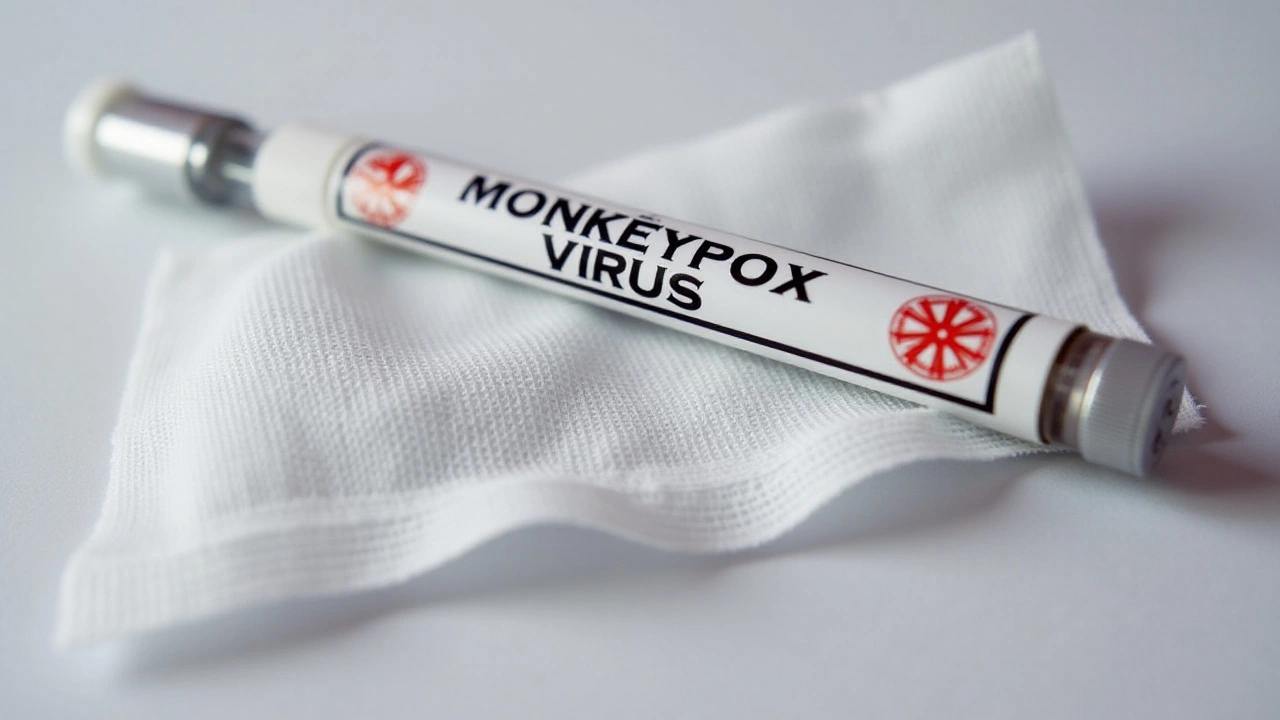WHO's Declaration of a Global Health Emergency
The World Health Organization (WHO) has sounded the alarm, declaring monkeypox a public health emergency of global concern. This sudden escalation underscores the gravity of the situation, particularly in the Democratic Republic of the Congo (DRC) and various other African nations hit hard by the virus. Since 2022, the virus has infected at least 99,176 individuals across 116 countries and has claimed 208 lives. This is the second instance that monkeypox has earned this severe classification from the WHO, indicating the urgent need for coordinated international efforts to curb its spread and save lives.
Spread and Impact of Monkeypox
Monkeypox, caused by an orthopoxvirus, presents as a self-limiting disease but can lead to severe outcomes, particularly in vulnerable populations such as children and those with weakened immune systems. The virus manifests with a spectrum of symptoms, including fever, swollen lymph nodes, and a painful rash that progresses to blisters and crusts. The mode of transmission includes close contact with lesions, making face-to-face, skin-to-skin, mouth-to-mouth, and mouth-to-skin interactions high-risk activities. Notably, the virus remains contagious until all lesions have crusted, scabs have fallen off, and new skin has formed.
New Strains and Transmission Concerns
The emergence of new strains amplifies the urgency. One concerning strain, known as clade Ib, is predominantly sexually transmissible. This clade has significantly altered the transmission dynamics of monkeypox, necessitating heightened awareness and preventive measures in sexual health practices. Another clade, Ia, primarily affects children and spreads through multiple modes of transmission, further complicating control efforts. The WHO's emphasis on these high-risk clades underlines the necessity for a unified and aggressive response to contain their spread.
Global Statistics and Major Affected Regions
According to the WHO, the widespread impact of monkeypox is evident, with cases spanning across continents. The DRC continues to be the epicenter, grappling with the bulk of the caseload. Other African nations report rising numbers, while isolated outbreaks in new regions signal a worrying trend of geographical spread. Outside Africa, countries such as India have also reported cases, totaling 27 laboratory-confirmed infections and one death since 2022. The initial cases in India were linked to international travel, highlighting the global nature of the threat.
The Way Forward: Testing and Prevention
Dr. Tedros Adhanom Ghebreyesus, the Director-General of the WHO, has stressed the imperative for a unified global response. The WHO recommends PCR testing as the gold standard for monkeypox diagnosis. Early detection through reliable testing can significantly alter the course of an outbreak by enabling prompt isolation and treatment of infected individuals. Additionally, public health strategies must emphasize educating communities about the modes of transmission and preventive measures, including safe sexual practices and hygiene protocols to minimize risk.
Healthcare Systems and International Collaboration
The declaration serves as a call to action for healthcare systems worldwide. It is a stark reminder that infectious diseases know no borders, and a localized outbreak can swiftly transform into a global crisis. Developed nations with robust healthcare infrastructures are urged to extend support to resource-limited countries, ensuring equitable access to testing, treatment, and preventive resources. International collaboration, informed by transparent data sharing and joint research efforts, is essential to address both the immediate threat and long-term containment of monkeypox.
Public Awareness and Education
Raising public awareness is a critical component of the response strategy. Clear, accurate information about monkeypox symptoms, transmission, and prevention should be widely disseminated through multiple channels. Public health campaigns must target diverse demographics, addressing specific risks and preventive behaviors relevant to different groups. Particularly in regions with ongoing outbreaks, community engagement and trust-building initiatives are vital for encouraging timely health-seeking behavior and compliance with recommended guidelines.
Conclusion
The WHO's declaration of monkeypox as a public health emergency of international concern is a wake-up call to the world. With new strains emerging and spreading across various demographics and regions, the threat posed by monkeypox is both immediate and significant. The global health community must adopt a proactive and collaborative approach to control the current outbreaks and prevent future ones. As nations rally to combat this viral menace, the emphasis must be on testing, public awareness, and equitable healthcare measures to safeguard populations and mitigate the impact of this growing health crisis. The time to act is now, and a concerted effort can make all the difference in turning the tide against monkeypox.
